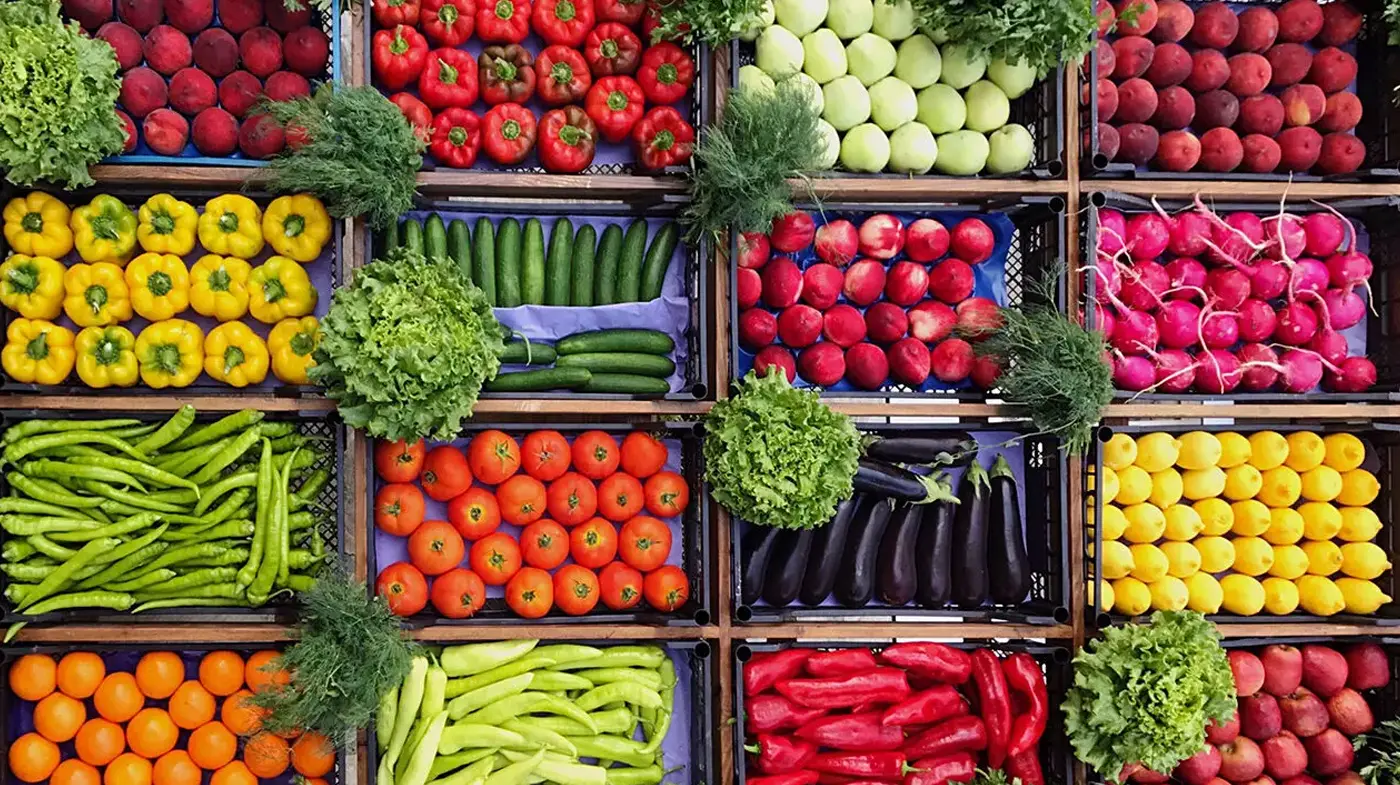Complete Guide to Food Importation to Iran in 2025

Iran, with a population of over 80 million people, has a thriving food market that increasingly relies on imported goods. Due to its diverse culinary needs and a growing consumer base for international food products, the importation of food has become a vital part of the country’s economy. For companies like Shima Foodstuff Trading L.L.C., this sector presents both opportunities and challenges.
This guide aims to provide an in-depth look at the food importation process to Iran in 2025, covering key regulations, product categories, customs processes, and how Shima Foodstuff Trading can assist in facilitating this process efficiently.
Understanding the Food Importation Process in Iran
Food importation to Iran is a highly regulated process, with strict oversight from both local and national authorities. The Iranian government plays a crucial role in ensuring that imported food products meet the country’s health and safety standards.
The process typically involves several stages:
- Obtaining Necessary Permits: Importers need to acquire specific licenses and approvals from regulatory bodies before they can bring goods into the country.
- Product Safety and Inspection: Imported food products must meet the standards set by the Ministry of Health, the Ministry of Agriculture, and the Iranian Food and Drug Administration (IFDA). This includes health certifications and laboratory testing to ensure food safety.
- Customs Clearance: Once goods arrive at the port of entry, they must go through customs clearance before they can be distributed within the country.
Key Regulatory Requirements for Importing Food to Iran
To successfully import food into Iran, businesses must comply with a set of rules and regulations designed to protect consumer health and ensure the quality of food products.
- Import Permits and Licenses: Importers must apply for an import permit from Iran’s Ministry of Industry, Mine and Trade. Additionally, food products need to be registered with the IFDA before they can enter the market.
- Health Certificates: For most food imports, the exporter must provide a health certificate issued by an official body in the country of origin, certifying that the food is safe for consumption. This certificate must be approved by the Iranian authorities upon arrival.
- Product Labeling and Packaging Requirements: Labels must be in Persian, and they must include information about the product’s origin, ingredients, expiration date, nutritional information, and any other required details. The packaging must meet Iranian standards to prevent contamination during transit and storage.
Popular Food Products for Import to Iran in 2025
In 2025, the demand for certain food products is expected to increase in Iran. Some of the most sought-after imports include:
- Grains: Rice, wheat, and other grains are in high demand due to the country’s agricultural needs.
- Dairy Products: Iranian consumers continue to show a strong preference for high-quality imported dairy products, especially cheeses, milk, and yogurt.
- Canned Foods and Beverages: Canned vegetables, fruits, and soft drinks are popular in the Iranian market, with foreign brands enjoying a competitive edge.
- Frozen and Processed Foods: With busy lifestyles and increasing demand for convenience, frozen and processed foods are becoming popular in urban areas.
As preferences evolve, organic, health-conscious, and specialty foods (such as gluten-free and non-GMO products) are gaining traction among Iranian consumers.
Customs Clearance and Duties
Once food products arrive in Iran, they must pass through customs clearance, where goods are inspected for compliance with Iranian regulations.
- Customs Procedures: The food products undergo a detailed inspection process at customs, which includes checking health certifications, product registration, and label compliance. Customs officials also review the quality of the products to ensure they meet Iranian standards.
- Tariffs and Taxes: Customs duties are applied to imported food products, with rates varying based on the product category. Importers must be aware of the tariffs to accurately calculate the total cost of importation.
- Exemptions and Benefits: Some products may benefit from tax exemptions or reduced tariffs based on bilateral agreements between Iran and the exporting country. Importers should stay updated on these exemptions to reduce overall costs.
Logistics and Distribution in Iran
Efficient logistics play a vital role in the success of food importation. The transportation process must ensure that food products remain in good condition and arrive on time.
- Shipping and Transportation: Iran’s major ports, including Bandar Abbas, are key entry points for food imports. From there, products are transported by road, rail, or air to distribution centers across the country.
- Challenges in Transportation: Importers must deal with various challenges such as delays at customs, fluctuating fuel prices, and packaging issues that may arise during transit. Ensuring products are properly stored and handled during transportation is crucial to avoid spoilage or damage.
- Distribution Networks: Once cleared by customs, food products are distributed to wholesalers, retailers, and directly to consumers through modern retail outlets or specialized food distributors. A reliable local distributor is essential for smooth operations.
How Shima Foodstuff Trading Can Help
With years of experience in the food importation sector, Shima Foodstuff Trading L.L.C. provides expert guidance for businesses looking to import food products into Iran.
- Navigating Regulations: Shima Foodstuff Trading helps clients obtain the necessary import permits and ensures that all required certifications are in place.
- Customs Assistance: The company provides support throughout the customs clearance process, helping to avoid delays and ensuring compliance with local regulations.
- Efficient Logistics: Shima Foodstuff Trading collaborates with trusted logistics partners to facilitate the smooth transportation and distribution of food products across Iran.
Potential Challenges in Food Importation to Iran
While importing food to Iran offers significant opportunities, several challenges must be addressed:
- Political and Economic Factors: The political landscape and economic fluctuations can impact food importation, with sanctions and trade restrictions affecting the availability and cost of goods.
- Exchange Rates: Fluctuating exchange rates may increase the cost of imported food products, affecting pricing and profit margins.
- Bureaucratic Hurdles: Navigating the bureaucratic process can be time-consuming, requiring attention to detail to ensure compliance with the country’s laws and regulations.
Future Trends in Food Importation to Iran
Looking ahead to 2025, several key trends are likely to shape the food importation landscape:
- Health-Conscious Products: As Iranian consumers become more health-conscious, demand for organic and specialty foods is expected to rise.
- E-commerce and Digital Platforms: The growth of e-commerce platforms for food products may open up new distribution channels for food importers.
- Sustainability and Innovation: Importers will need to stay up-to-date with sustainable packaging practices and innovations in food production.
Shima Foodstuff Trading L.L.C. is committed to adapting to these trends and providing its clients with the latest insights and solutions in food importation.
Conclusion
Importing food to Iran in 2025 requires careful navigation of regulations, customs procedures, and logistics. By partnering with Shima Foodstuff Trading L.L.C., businesses can ensure a smooth and efficient importation process, from securing the necessary permits to overcoming the challenges of distribution.
For companies looking to tap into the growing Iranian food market, now is the time to explore the opportunities, and Shima Foodstuff Trading is here to guide you every step of the way.
Call to Action:
If you’re looking to start your food importation journey into Iran, contact Shima Foodstuff Trading L.L.C. today. Our team of experts is ready to assist you with all aspects of the importation process and ensure your success in the Iranian market.

